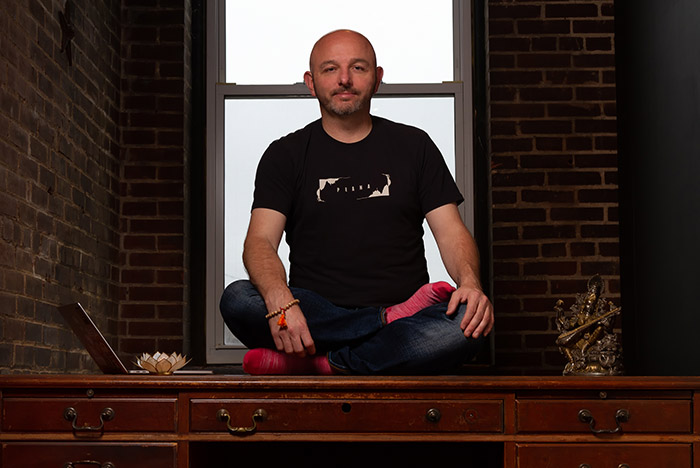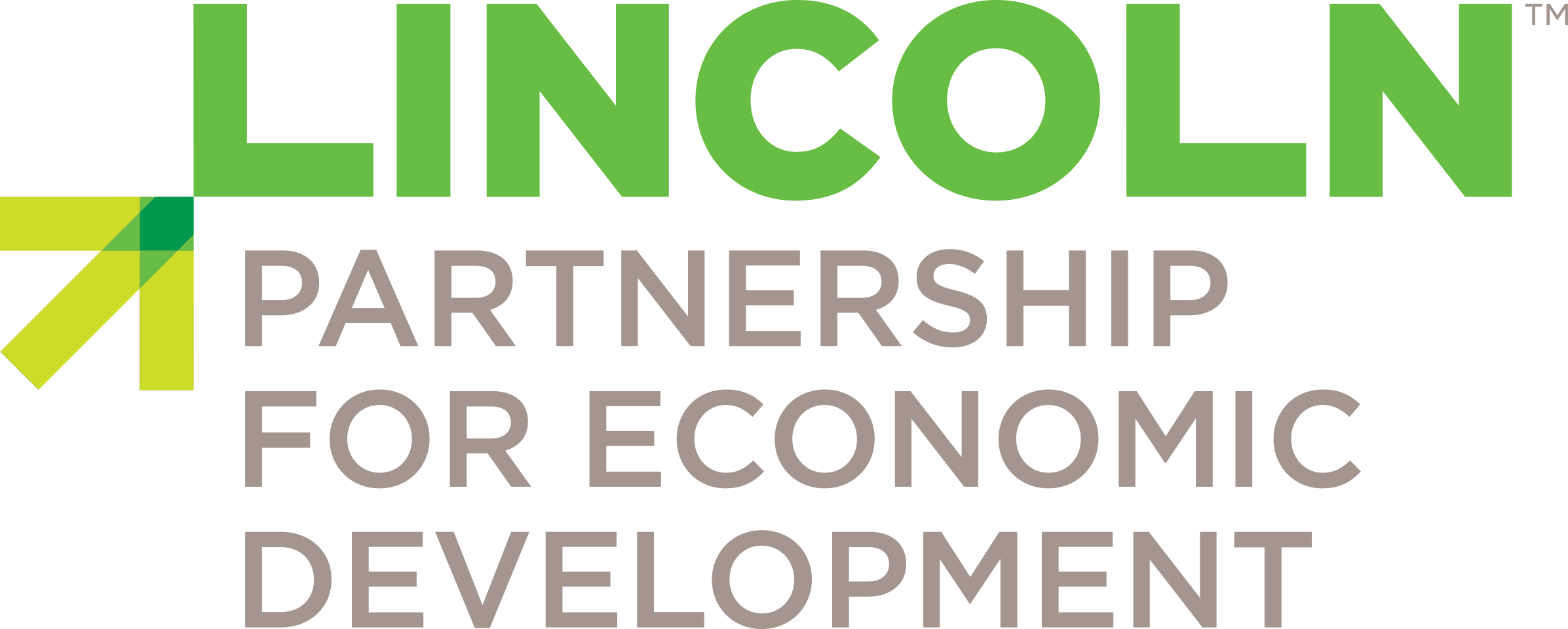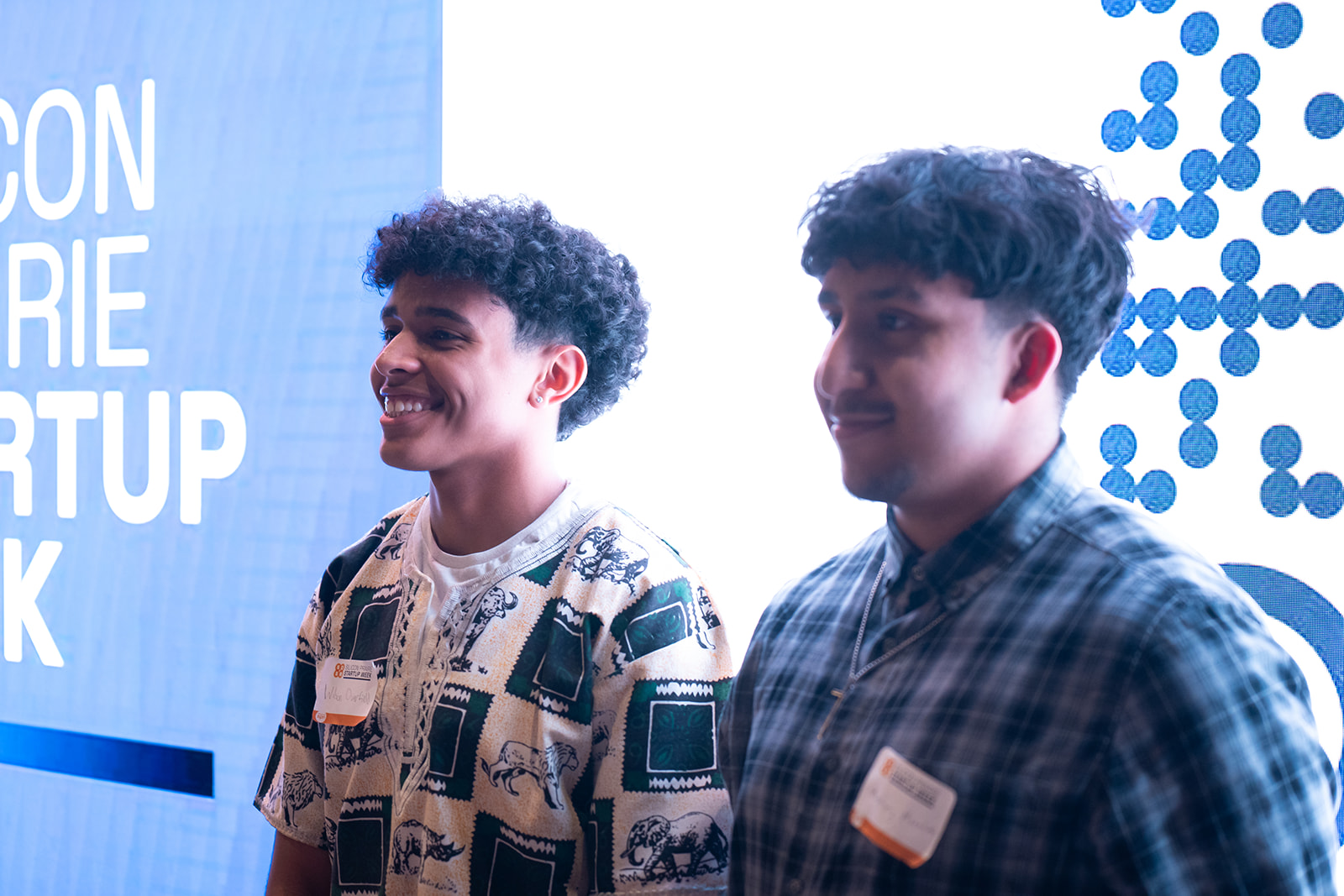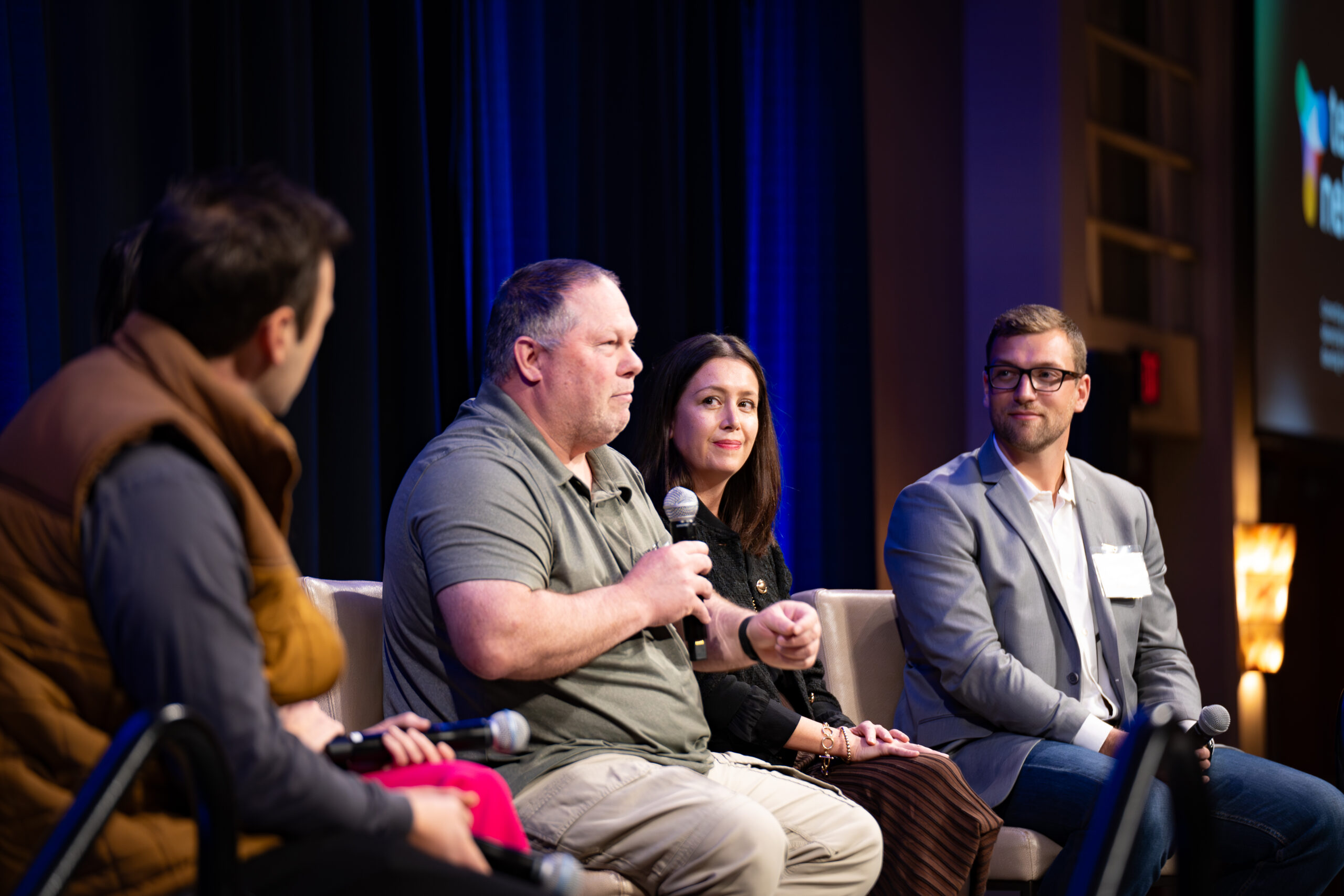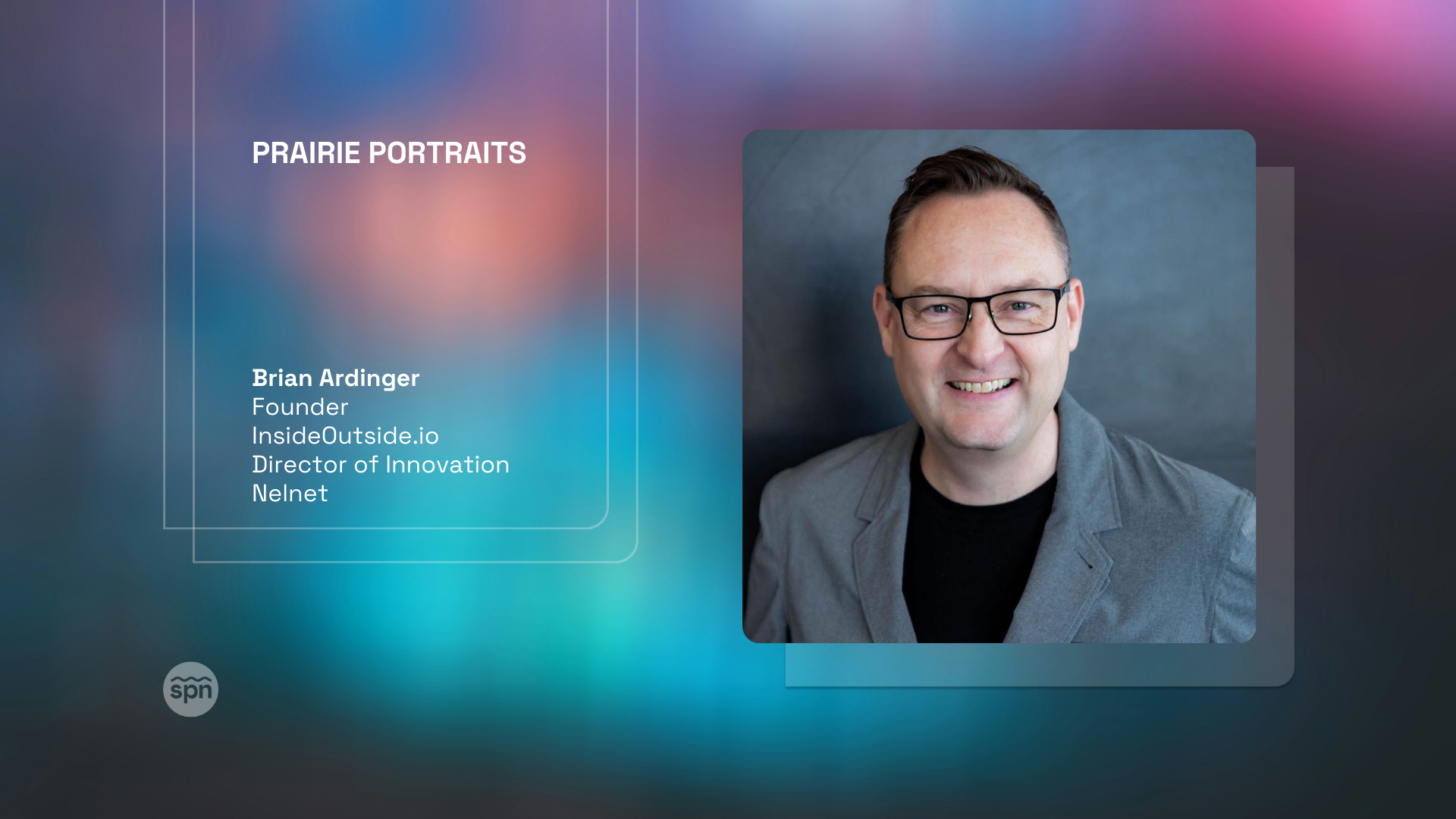Gv Freeman wanted to cultivate joy and reduce suffering in the software industry. Having grown up feeling out-of-the-loop in Central Nebraska, the St. Louis-based entrepreneur burned extra hours to find opportunities in the tech industry. Self-care wasn’t a priority. It wasn’t even on his radar. In true startup spirit, he singlemindedly drove himself to build a successful career. The toll of stress on himself and the pupils he mentored inspired him to push for change.
So, in July 2016, he started the nonprofit organization Software Field Manual.
Based on a book he wrote by the same name, Software Field Manual teaches new entrepreneurs how to launch technology businesses without wasting time or money. Online resources and in-person workshops help participants create business plans and go-to-market strategies.
Improving the lives of entrepreneurs and the companies they create
But it’s not all about the business side of business. Software Field Manual promotes a culture of mindfulness and mental wellbeing among entrepreneurs.
Freeman believes a healthy company must have healthy leaders. Therefore, mindfulness—a self-care strategy shown to yield massive health benefits—lies at the core of the organization.
“If we as a tech community can start teaching self-care to founders when their companies are limited to one person or two people, we will build self-care and mindfulness into the culture of those companies before they become 100 or 1,000 people,” Freeman said.
If you teach these skills to entrepreneurs from Day One, Freeman reasons, entrepreneurs will infuse them into the marrow of their companies. Both a stronger company and a stronger community will emerge.
“If the former CEO of Uber would have found mindfulness, he might not have been such a douchebag,” Freeman joked. “And he might still have his company today.”
Addressing the mental health and income inequality crisis
Software Field Manual’s focus on self-care aims in part to mitigate the mental health crisis among entrepreneurs and startup founders, who are particularly at-risk. Entrepreneurs are 50% more likely to experience a mental health condition like depression, substance abuse, or bipolar disorder. The stress of owning and operating a nascent technology business is exacerbated by a toxic culture of working too many hours a week.
“There is a fear and a scarcity mindset attached to money in the United States,” Freeman said. “Especially in the tech startup community, there is almost a guilt attached to working less than 50, 60-plus hours a week.”
Despite the huge amount of hours people put into their jobs, it doesn’t translate into personal wealth.
“The distribution of wealth is so lopsided. You have people taking $250 million salaries home, plus bonuses, and then you have a whole bunch of people on the low end of that who are barely making a livable wage,” Freeman said.
According to research by the Seven Pillars Institute, societies with significant economic inequality suffer from lower long-term GDP growth rates, higher crime rates, poorer public health, increased political inequality, and lower average education levels. Not the greatest news.
Studying under the late spiritual leader Ram Dass helped Freeman see the connection between startups, self-care, income inequality, and the potential for entrepreneurship to help.
Changing the definition of happiness
“The further down the mindfulness path you go, your definition of fulfillment and happiness changes. [For instance,] the closer I get to knowing myself, the happier I get. And I begin to realize that happiness comes from the inside, not the outside. So I need a lot less money to be happy,” he said.
Software Field Manual also strives to strengthen the tech and entrepreneurial communities by making them more equitable.
“We want to reach underserved tech communities. Women, people of color. We want to build an online community and a platform for kids who are stuck in rural wherever, so that they can feel empowered to build something,” Freeman said.
Freeman hopes a healthier perspective on success will spread beyond the tech industry. The organization’s workshops have been held around the United States and across the world. Each workshop capitalizes on Software Field Manual’s digital resources and emphasizes the need for respectful, productive interpersonal communication. For maximum impact, the organization also allows other institutions to license its courses.
Learn more about Software Field Manual and Gv Freeman at https://www.softwarefieldmanual.org/
—
This article features reporting by Tom McCauley.
